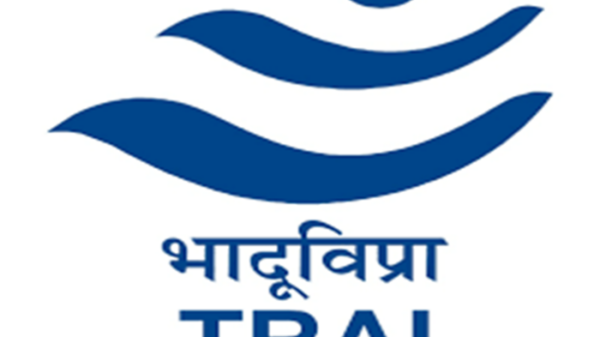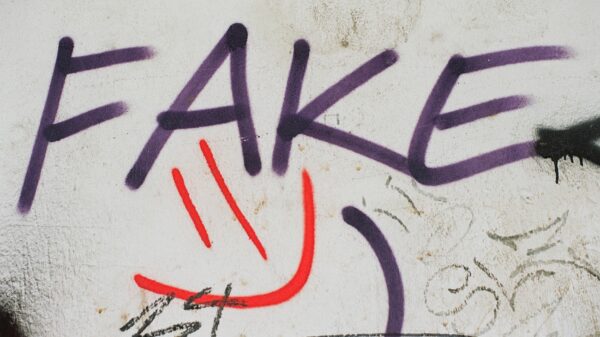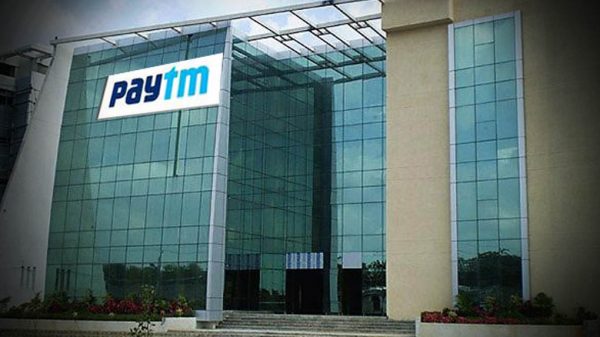In one word: patents. Following Google's acquisition of Motorola Mobility, it will have acquired 17,500 issued patents and around 7500 patents in progress, the company explained on a recently concluded conference call on the Motorola Mobility acquisition deal. Google believes that the acquisition of Motorola Mobility will help protect the existing Android ecosystem. Google CEO Larry Page pointed towards the scale of the Android ecosystem in a blog post: over than 150 million Android devices have been activated worldwide, and over 550,000 devices are added every day through a network of about 39 manufacturers and 231 carriers in 123 countries. Page added in the blog post: We recently explained how companies including Microsoft and Apple are banding together in anti-competitive patent attacks on Android. The U.S. Department of Justice had to intervene in the results of one recent patent auction to “protect competition and innovation in the open source software community” and it is currently looking into the results of the Nortel auction. Our acquisition of Motorola will increase competition by strengthening Google’s patent portfolio, which will enable us to better protect Android from anti-competitive threats from Microsoft, Apple and other companies. Notes from the conference call: Reaction From Android Partners: "We think that aligning with Motorola and having that kind of a patent portfolio to protect the ecosystem is a good thing." Company executives spoke with the top five Android licensees prior to this deal, and according to Google, "they showed enthusiastic support for the deal." Google reiterated that Android will…




























